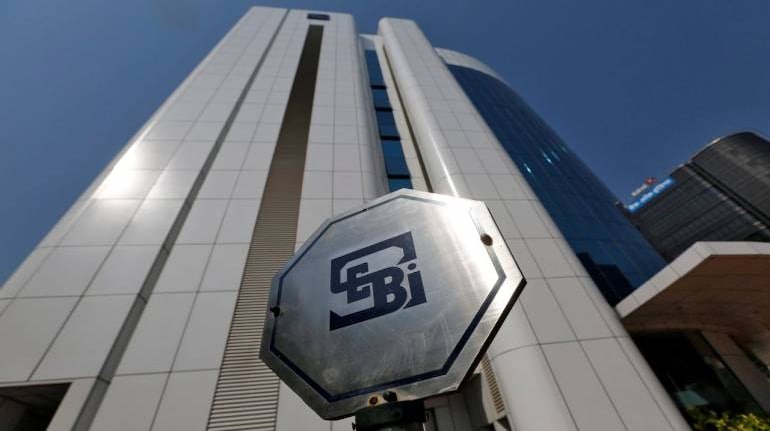
After more than a decade of dawdling over redefining the term ‘Promoters’, the Securities and Exchange Board of India (Sebi) has finally taken an in-principle decision at its recent board meeting to re-conceptualise this term.
For this, it will change regulations under its jurisdiction and initiate a consultation process with other regulators for laws not within its purview. There are also other decisions made on in relation to promoters, but this re-formulation of who really controls companies will have more far-reaching effect; and, hence, worth a detailed consideration.
So what was the problem that Sebi has attempted to solve? As discussed in its May 11 consultation paper, Sebi is taking cognition of changing times when family controlled companies are being countered by rising institutional shareholding, a group that is active and vociferous. In the process, also recognising the small but growing section of professionally managed companies which all call for a more inclusive term. Further, large and complexly-structured conglomerates increasingly defy the application of old terms.
If one overviews the current securities laws, one finds that promoters are given a distinct and primary role and liability in the management of companies. This is rightly so since in India, far more than in the West, it is families who control and manage companies, typically owning more than 50 percent of the shares. Thus, almost every securities regulation makes special provisions for them. This starts right from the initial public offering (IPO) when they are required to hold — and maintain — a minimum shareholding. They have to give elaborate disclosures. There are extensive requirements for promoters under the insider regulations. The very term of ‘independent director’ is framed in a negative form — i.e. such person should neither be a promoter nor connected to one. Corporate governance requirements too have several provisions governing them.
To be sure, promoter families/groups still hold half or more shareholding in most listed companies. However, institutional shareholding has risen significantly giving them a voice that cannot be ignored. The promoter holding still is about 50 percent, but is down from 58 percent in 2009 (as per an OECD study of 2020, in top 500 listed companies in 2018).
Importantly, institutional shareholding has risen from 25 percent to 34 percent. These institutional shareholders though not a monolith, unlike the promoters, are still active and often vociferous, particularly when aided by proxy advisory companies who keep goading them to do the right thing. Promoters then validly argue that these groups should also be held accountable.
Another change is that Sebi has increasingly given larger role to the Board of Directors, the idea being making companies board-centric.
It is obvious then that the world-view of the 1990s, when most securities laws had their genesis, need a relook. To this end, Sebi will replace ‘promoters’ by a more inclusive and appropriate ‘Persons In Control’. It will make gradual changes in all the regulations under its purview. However, this term has permeated numerous other laws handled by other regulators such as the Companies Act, the laws regulated by RBI/IRDA, etc. For these, it will initiate a consultation process with these other regulators. The complete change — which Sebi says it will carry out in a ‘smooth, progressive and holistic manner’ — will thus take some time.
Strangely, Sebi has not elaborated on this new term. This is critical since even the term ‘control’ has been a vexed and strongly litigated issue. How will rights under agreements be treated? Will right to appoint directors amount to control? What about rights to approve annual budgets, appointment of auditors/CEOs, etc.? It is hoped that the draft regulations when issued will throw more light.
Yet, the new concept is expected to resolve many existing issues. For example, family members of promoters would not be deemed to be in control and, thus, would avoid the rigors of the law they face today. Exit of promoters, which today is complex, lengthy and unreasonably difficult, could be now easier. It would exclude investors not holding controlling stake but ensure that if they act together, they get included. It is hoped though that the new definition thus is not so generic so as to become vague, and not too specific to make covering the widely varying methods of exercising ‘control’ difficult.
Curiously, while reconceptualising this term under one decision, it has also made amendments reducing the lock in period for promoters at the same board meeting. This was surely needed but if this very term was to be scrapped, why not leave this to a later date and make a change in line with the new concept?
To conclude, the new regime will still not make the term at par with international norms and rightly so since Indian companies continue to be dominated by promoter families. The new formulation will match with current realities and even be creatively futuristic, covering future trends and even shaping them. Thus, it could be more of deliciously seasoned old wine in a new bottle, rather than stale old wine in a new one.
Views are personal and do not represent the stand of this publication.
Discover the latest Business News, Sensex, and Nifty updates. Obtain Personal Finance insights, tax queries, and expert opinions on Moneycontrol or download the Moneycontrol App to stay updated!